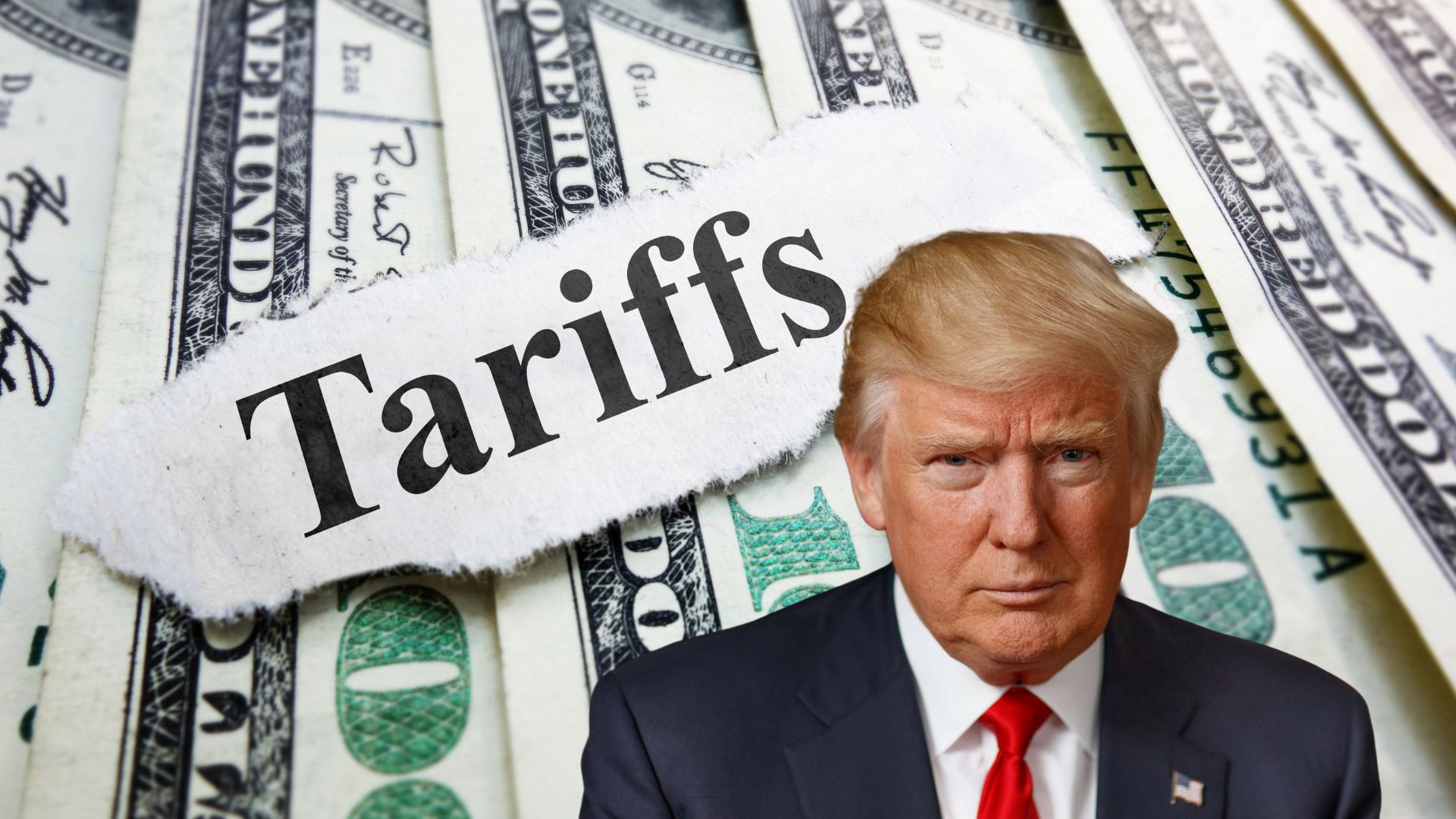OKX, one of the world’s leading digital-asset exchanges, has suspended its DEX aggregator service after it was used to launder $100 million from a $1.5 billion hack targeting Bybit. The move follows pressure from European regulators, marking a major shift in global crypto oversight.
On Monday, OKX announced the temporary suspension of its DEX aggregator service, citing regulatory consultations and the need for enhanced security upgrades.
📌 Key Facts:
🔹 Hackers used OKX’s Web3 service to launder stolen funds from Bybit — authorities have linked the attackers to North Korea.
🔹 The February Bybit hack, worth $1.5 billion, was one of the most sophisticated crypto heists to date.
🔹 European regulators are investigating whether OKX’s Web3 platform violated new MiCA (Markets in Cryptoassets) regulations.
OKX stated:
“After consulting with regulators, we made the proactive decision to temporarily suspend our DEX aggregator services. This move allows us to implement additional upgrades to prevent further misuse.”
The European Securities and Markets Authority’s (ESMA) Digital Finance Standing Committee discussed the OKX Web3 service in a March 6 closed-door meeting with watchdogs from all 27 EU nations.
Why this matters:
✅ OKX is one of the largest global crypto exchanges, processing billions in daily volume.
✅ The platform’s DEX aggregator allows traders to swap assets across multiple blockchains — a tool that hackers leveraged for laundering.
✅ This is the first major test of Europe’s MiCA regulations, which aim to clamp down on illicit finance in crypto.
Bybit CEO Ben Zhou accused OKX of facilitating the laundering of $100 million from the Bybit hack.
OKX’s response:
The company denies Bybit’s claim, stating that it disputes the allegations but has not provided details.
Founded in 2017 and based in Seychelles, OKX has over 53 million Web3 wallets across 100 blockchains.
This case signals a turning point for crypto security and regulation:
🔹 Will other exchanges follow suit and restrict DEX access?
🔹 How will MiCA shape decentralized finance (DeFi) oversight?
🔹 Could this push more illicit actors to privacy-focused blockchains?
💬 What do you think? Is DeFi becoming a bigger liability for major exchanges? Let’s discuss. 👇

 2 weeks ago
23
2 weeks ago
23







 English (US) ·
English (US) ·